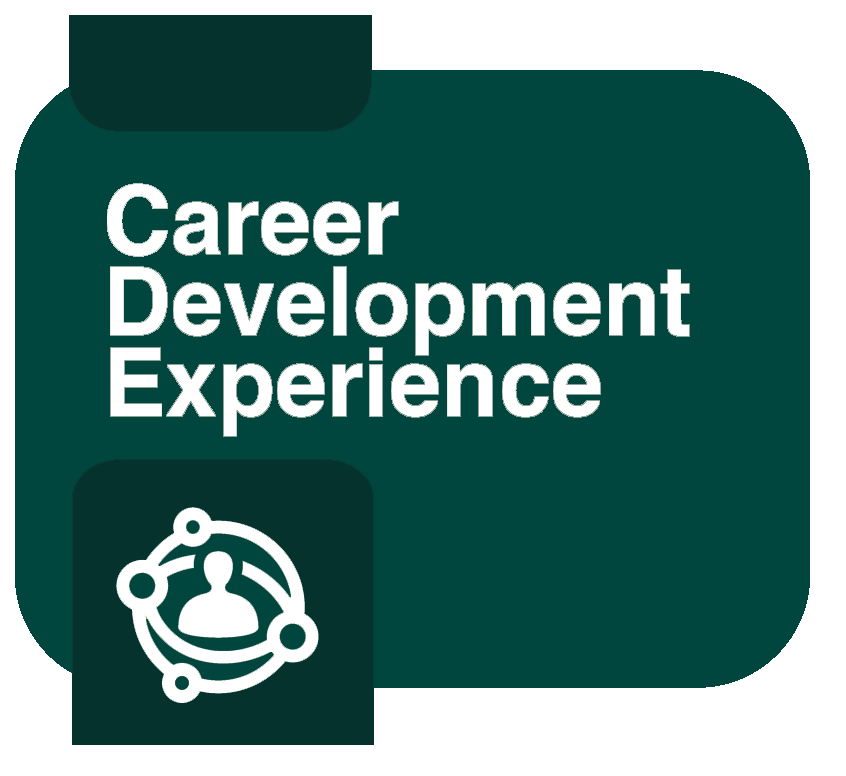
Internships are activities in the Career Development Experience stage of the work-based learning continuum, which provides authentic experiences to all students engaged in career-related programs or courses of study in Chicago Public Schools.
Internships provide students the opportunity to learn by doing real work and being productively engaged in the workplace. They may provide the opportunity to work in teams, work on a project, or rotate through a number of departments and job functions.
Internships take place for a minimum of 60 hours with more hours being optimal. They may be paid or unpaid, depending on whether the student is performing productive work for the employer and other factors. If an Internship is unpaid, the student must receive credit for completion. Students can also receive credit if the experience is paid.
Purpose
Internships offer opportunities to develop, practice, and demonstrate essential technical and employability skills. The activities are designed to:
- Promote hands-on experience in a field of interest.
- Provide productive value for the employer.
- Provide exposure to a wide range of careers and jobs within the industry.
- Build occupational knowledge.
- Create awareness of the education needed to be successful in the industry.
Structure
Internships allow students to learn by doing real work and being productively engaged in the workplace. The activities are structured to:
- Enhance workplace knowledge and career awareness.
- Help build the skills required for specific occupations.
- Expose students to a wide spectrum of workplace activities.
- Support key academic concepts, as well as technical and essential employability skills development.
Format
Internships are supported by several formats that deliver unique experiences to students and employers. The activities are organized through:
- Student preparation in the classroom.
- Program design with the employer partner.
- Employer host orientation and ongoing troubleshooting.
- Multiple opportunities for reflection on the experience, both verbally and in writing.
- Employer assessment of skills acquisition.
Outcomes
Internships help students learn about future workplace opportunities through first-hand experiences. The activities are connected to:
- Classroom learning.
- Individual career development/training plans.
- A sequence of educational, training, and workplace activities.
- Networking and mentoring opportunities.
- The student’s next steps.
Tools and Materials
Internship organizers and participants can use the following resources to plan, implement, and review.
Checklists
Coordinator Internship Checklist
Student Internship Checklist
Tip and Fact Sheets
Teacher Internship Tip Sheet
Employer Internship Tip Sheet
Employer Internship Fact Sheet
Fact Sheet #71: Internship Programs Under the Fair Labor Standards Act
Required Documents
Pre-Internship Site Visit Form
Internship Mid-Term Worksite Visit Form
WBL Training Plan and Evaluation Tool
Implementation Tools
Internship Student Research Activity
Student Orientation to the Workplace
Internship Student Reflection
Work-Based Learning Activity Evaluation (for teacher, coordinator, or host)